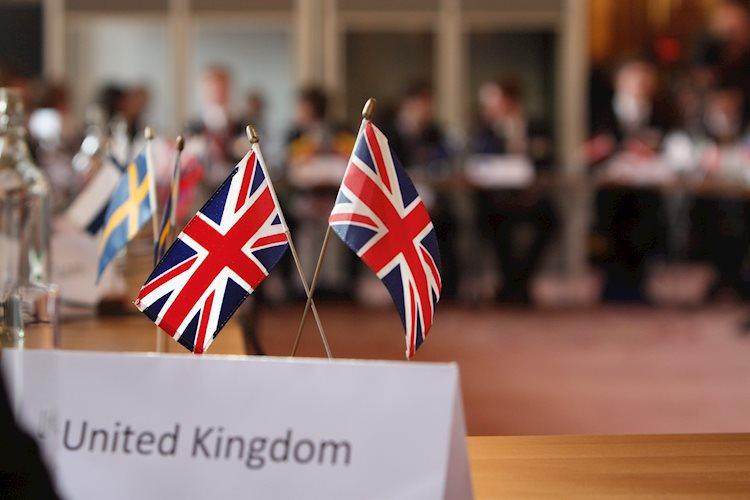Keir Starmer’s Labour Party is predicted to win a landslide victory in the 2024 UK election, according to an exit poll. The poll suggests that Labour could secure around 410 seats in the House of Commons, while the Conservatives are projected to win only 131 seats. This outcome would be the Tories’ worst result in their two-century history and would leave the party in disarray. Additionally, the poll predicts that the Liberal Democrats will take 61 seats, and the Reform Party will win 13 seats, with the Green Party likely to secure two seats.
In response to the exit poll results, the Pound Sterling (GBP) has remained steady. The GBP/USD pair is currently down 0.03% at 1.2755. The Pound Sterling is the oldest currency in the world, dating back to 886 AD, and is the official currency of the UK. It is the fourth most traded unit for foreign exchange, accounting for 12% of all transactions with an average daily turnover of $630 billion. Key trading pairs for the Pound include GBP/USD, GBP/JPY, and EUR/GBP. The currency is issued by the Bank of England (BoE).
Monetary policy decisions made by the Bank of England are the most significant factor influencing the value of the Pound Sterling. The BoE’s primary goal is price stability, maintaining a steady inflation rate of around 2%. The central bank adjusts interest rates to control inflation – raising rates when inflation is high and lowering them when economic growth is slowing. Data releases such as GDP, Manufacturing and Services PMIs, and employment figures also impact the value of the GBP. A strong economy attracts foreign investment and may lead to the BoE raising interest rates, strengthening the Pound.
The Trade Balance is another important indicator for the Pound Sterling, measuring the difference between a country’s exports and imports. A positive net Trade Balance indicates a strong currency as demand for exports increases. Conversely, a negative balance weakens the currency. Overall, a positive economic outlook and strong data releases are beneficial for the Pound Sterling, while weak economic indicators can lead to a decline in the currency’s value. Global investors also play a role in determining the strength of the Pound, as they may choose to invest in the UK if interest rates are attractive.


























